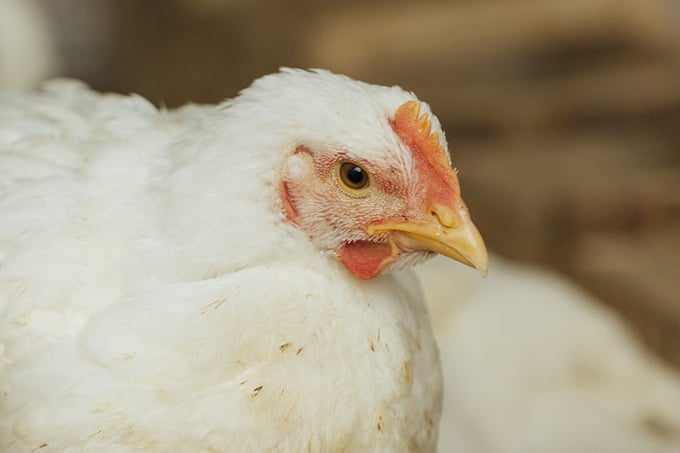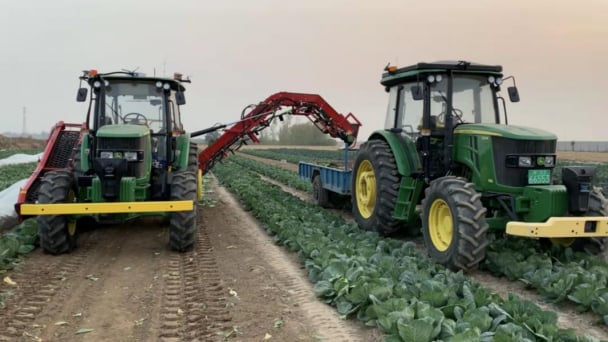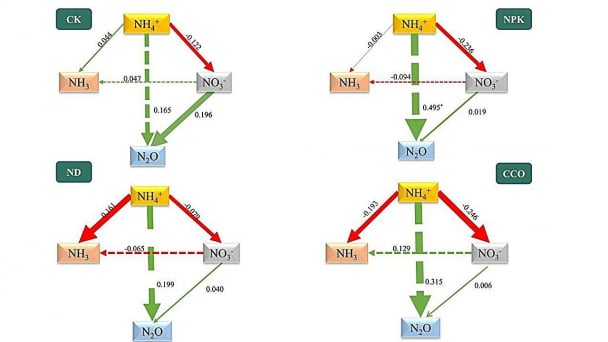June 26, 2025 | 01:55 GMT +7
June 26, 2025 | 01:55 GMT +7
Hotline: 0913.378.918
June 26, 2025 | 01:55 GMT +7
Hotline: 0913.378.918

Professor Rowland Kao from the Roslin Institute: “These recommendations are priority measures based on solid scientific evidence, can be put into practice readily." Photo: Freepik
The call comes from the task force on highly pathogenic avian flu, which was formed under the auspices of Defra’s Science Advisory Council.
The task force has also recommended developing enhanced surveillance systems for severe strains of bird flu to understand their circulation in wild birds to monitor threats to wild species and ongoing risks to domestic birds.
And it has also advised the government to enhance the monitoring of wild bird populations and improve the evidence base around potential interventions to reduce the risk of severe strains to wild birds.
Other recommendations in the report relate to date records, such as enhancing demographic data recorded in the Great Britain Poultry Register of kept birds and facilitating the acquisition of data to help estimate rates of severe strains transmission between kept bird premises.
In addition, the task force recommended that Defra improve its data acquisitions to help model future outbreaks in wild birds and to enable simpler procedures for generating data around severe strains.
The scientists also suggest Defra adds to its evaluations of environmental management developments with assessments of the potential impact of severe strains on vulnerable species.
As a guiding principle, Defra should consider that laboratory and surveillance capacity be designed to deal with more frequent and intense outbreaks in the future.
Professor Rowland Kao, one of 3 science specialists from The Roslin Institute on the task force, said: “These recommendations are priority measures based on solid scientific evidence, can be put into practice readily, and will have the greatest potential for managing future strains of bird flu.”
The Roslin Institute is a beneficiary of the latest £4 million investment into 10 innovative projects focused on international animal health research from the Biotechnology and Biological Sciences Research Council and Defra.
Professor Paul Digard is the UK principal investigator for a project that looks at the identification of factors driving the emergence and spread of avian influenza viruses with zoonotic potential.
(PW)

(VAN) In the suburbs of Beijing, there is an agricultural center spanning over 150 hectares dedicated to research, demonstration, and application of high-tech and precision agriculture.

(VAN) Researchers from the Institute of Applied Ecology of the Chinese Academy of Sciences have developed a new environmentally friendly fertilizer additive that significantly enhances crop yields while reducing emissions of harmful gases.

(VAN) Poultry production in Poland, which has only started recovering from devastating bird flu outbreaks earlier this year, has been hit by a series of outbreaks of Newcastle disease, with the veterinary situation deteriorating rapidly.

(VAN) Extensive licensing requirements raise concerns about intellectual property theft.

(VAN) As of Friday, a salmonella outbreak linked to a California egg producer had sickened at least 79 people. Of the infected people, 21 hospitalizations were reported, U.S. health officials said.

(VAN) With the war ongoing, many Ukrainian farmers and rural farming families face limited access to their land due to mines and lack the financial resources to purchase needed agricultural inputs.

(VAN) Vikas Rambal has quietly built a $5 billion business empire in manufacturing, property and solar, and catapulted onto the Rich List.